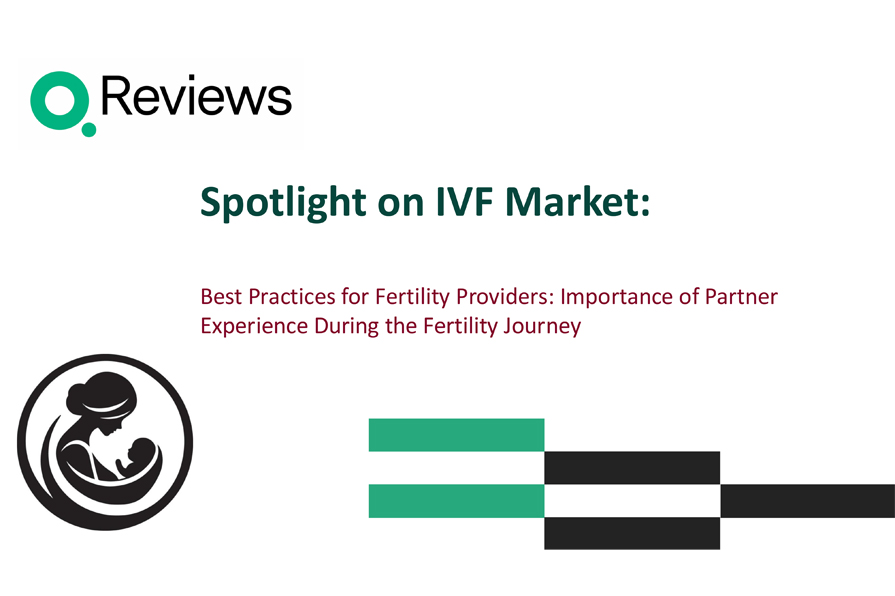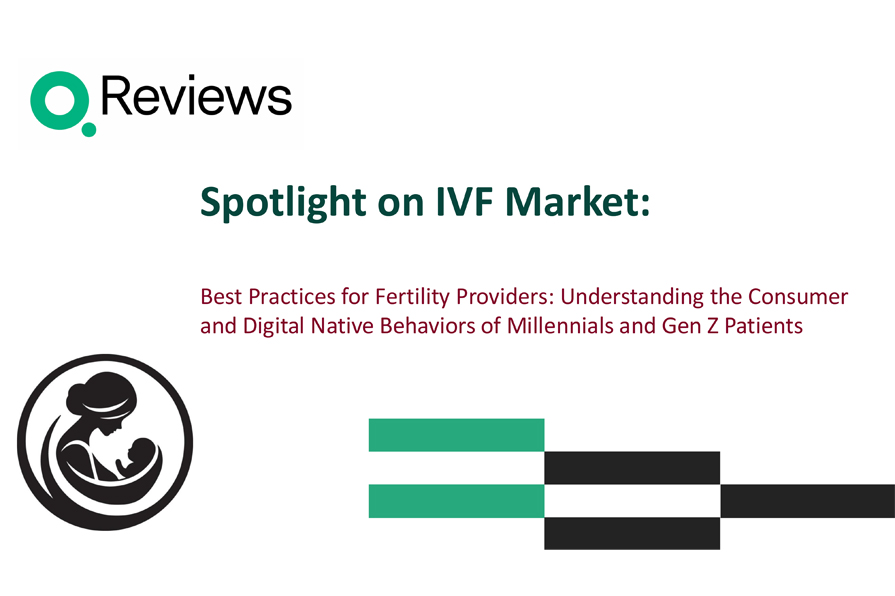
Physician Burnout & Provider Wellness: a Growing Healthcare Crisis

In the wake of the COVID-19 healthcare crisis, there has been a great deal of focus on physician burnout. Is it possible that we aren’t looking at the problem or solutions in a way that creates change? Quality Reviews co-founder and CEO Edward Shin, MD gets to the heart of the issue with Dr. Wendy Dean, a physician and the co-founder of The Moral Injury of Healthcare, a 501(c)(3) non-profit working to improve provider wellness.
Is physician burnout individual or systemic?
What is moral injury in healthcare, anyway? Essentially, it refers to when physicians are unable to properly perform their duties due to systemic constraints. Not only that, but Dean says that they operate on an assembly line model like machines. These models don’t work when there is an emergency.
Furthermore, Dean expresses that most conversations around physician burnout solutions put the onus on the individual. By renaming and reframing the problem as moral injury, we put the onus back on the system, where it belongs.
The COVID-19 healthcare crisis may have highlighted and maybe even exacerbated moral injury, but it certainly did not create the problem. Dean has been bringing attention to it for years.
In 2018, she even co-wrote a Stat News op-ed that compared a physician’s role to a combat soldier. As someone who worked directly with military doctors, she was able to articulate how moral injury can impact both roles. The veteran goes on to develop PTSD, and the physician burns out. Both jobs come with high expectations. And society considers both to be heroes, often holding them to higher standards than others. Another parallel is the high suicide rate for veterans and for physicians.
Those who are in a position to effect change around physician burnout have to ask themselves why their provider wellness solutions aren’t working. Do they have an accurate grasp of what’s happening?
“I love what I do, what I can’t stand is everything around it.”
According to Dean, “Clinicians are held to a higher standard than other members of society. We don’t let them just be human. We need to offer solutions based on who they are.”
She adds that meaningful communication is important, and doctors are more isolated from socialization than they used to be. The culprits are likely scheduling and structure. They are also unmotivated because they are exhausted. To truly address physician burnout and improve provider wellness, we need to change medical culture.
How Do We Begin to Fix Moral Injury?
First things first, we need to recognize that doctors are human.
Dean believes that we’re taking humanity out of medicine while simultaneously telling physicians to be more compassionate. One suggestion she offers is giving doctors scribes, or some sort of third party that can transcribe and enter the requisite data into the electronic medical record (EMR). Doctors can be human with their patients again, a contrast from being mired in the computer data entry that is required by today’s EMR.
Dean recommends redesigning the EMR around the doctors’ needs, a practice that many healthcare facilities have gotten away from in recent years. She also finds that eliminating as much as 90% of required criteria and metrics would be a great step.
“We really need to streamline the data,” Dean said.
She believes that changes to those record systems alone can reduce the moral injury that physicians face.
Dr. Dean also suggests these government fixes:
- Requiring any hospital that takes CMS funds to have physician well-being on their scorecard.
- Addressing faults in insurance, such as preauthorization requirements
- Revamping EMR practices
Dr. Dean believes that hospital systems and government officials should make doctor’s needs a priority in order to reduce the physician burnout healthcare crisis and improve provider wellness. Creating physician burnout solutions can mean protecting one of the most important professions in history, which will in turn impact our collective future.








